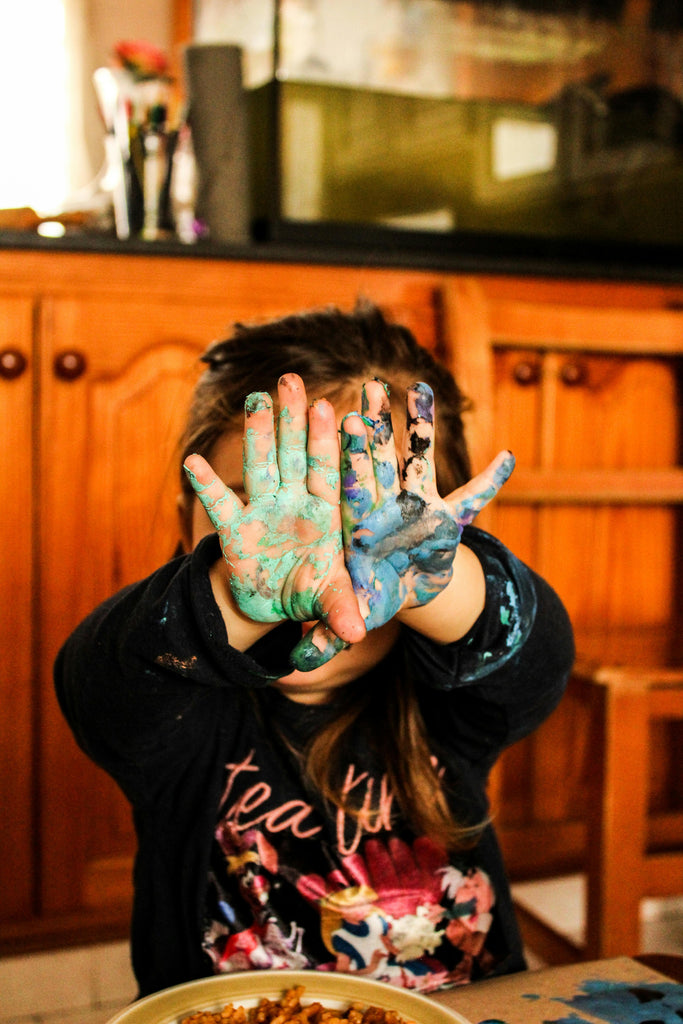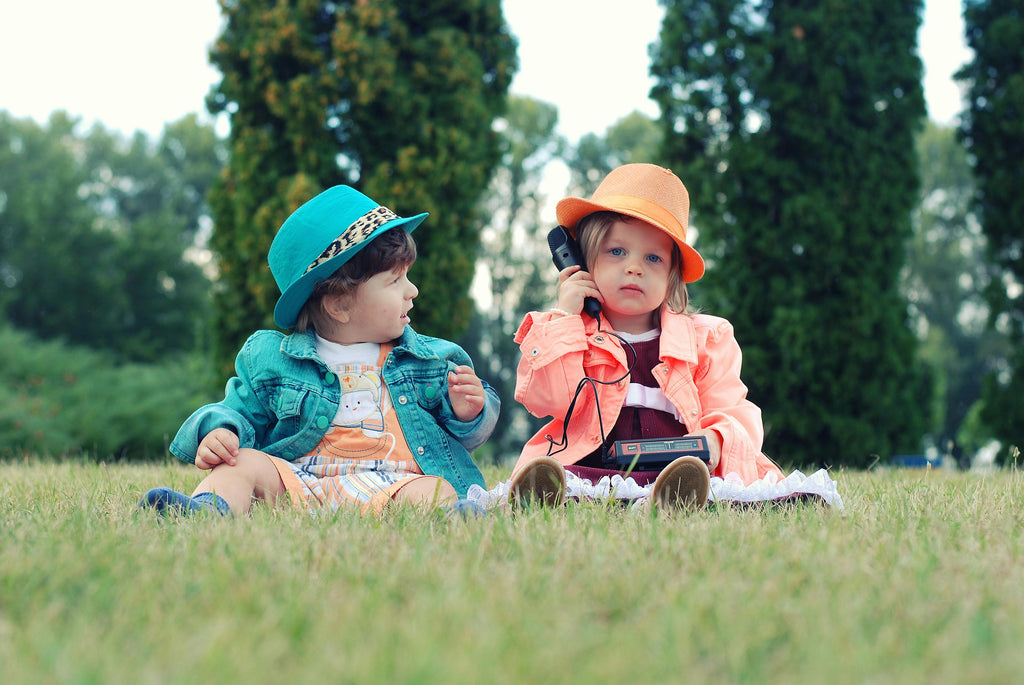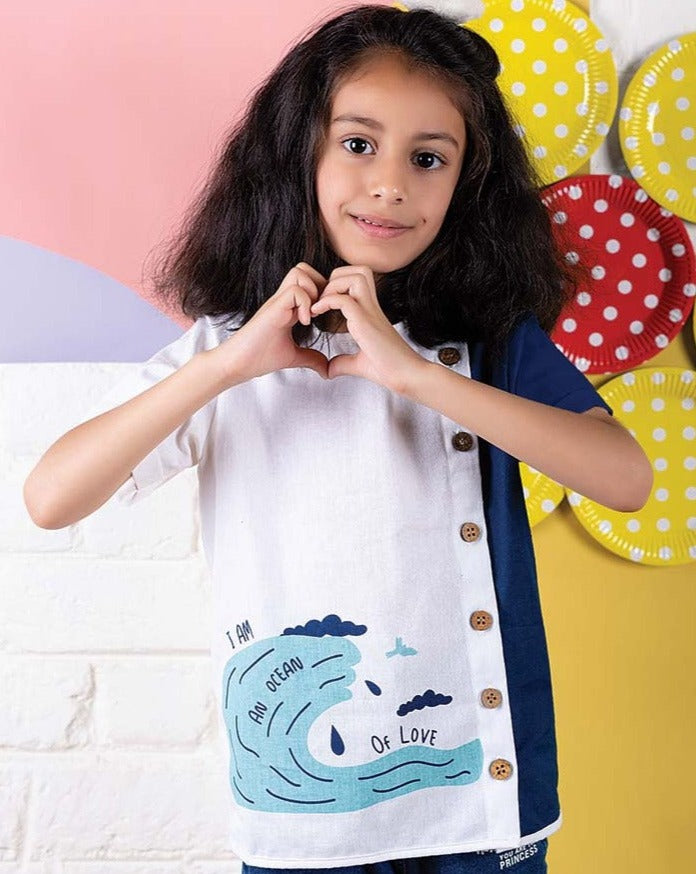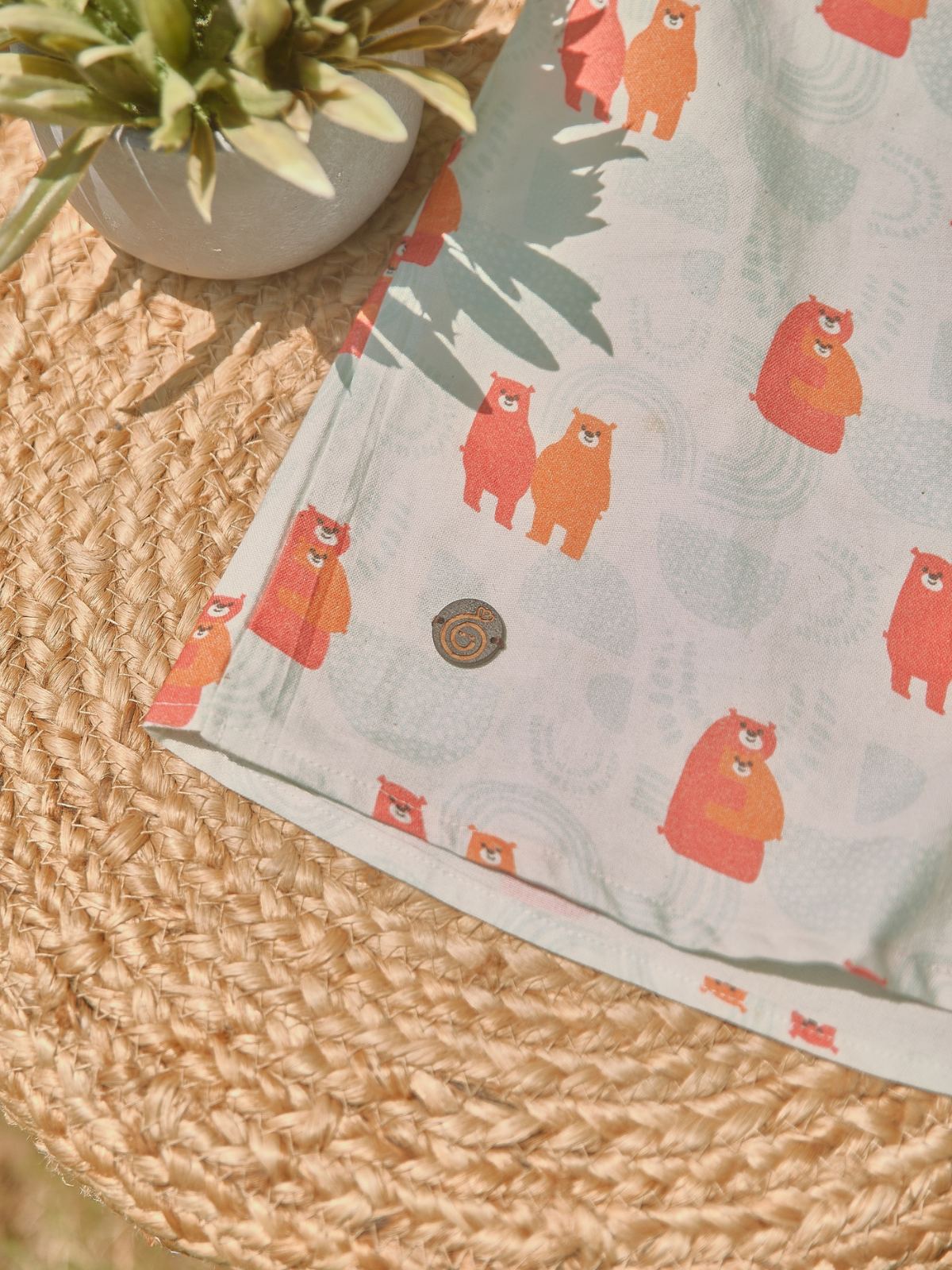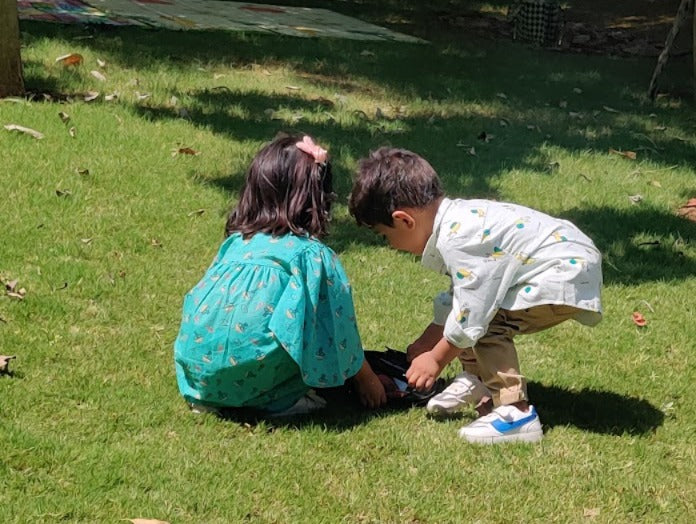
3 Ways to Empower Group Play and Encourage Kids Supporting Kids

Playtime is more than just fun and games—it’s a vital part of a child’s social, emotional, and cognitive development. When children engage in group play, they not only learn the art of collaboration but also the importance of empathy, teamwork, and supporting one another. Here are three powerful ways to encourage group play and foster a "kids supporting kids" culture.
1. Introduce Cooperative Games
Cooperative games are a wonderful way to teach children how to work together toward a common goal. Unlike competitive games where one child "wins," cooperative play emphasizes teamwork and the success of the group as a whole. Activities like building a fort, solving a puzzle, or playing a group scavenger hunt encourage children to rely on each other’s strengths and ideas.
Why it matters: These games promote problem-solving and teach children the value of helping their peers. It shifts the focus from "me" to "we," reinforcing the idea that everyone benefits when they work together.



2. Encourage Role-Playing and Group Storytelling
Creative activities like role-playing or group storytelling allow children to explore different perspectives and understand the feelings and actions of others. By creating a world of make-believe where they need to solve a mystery, rescue a character, or run a pretend business together, kids are able to practice empathy and negotiation. It’s a great way to introduce complex emotions and teach kids how to support their friends, no matter what role they’re playing.
Why it matters: Role-playing helps children develop communication skills and emotional intelligence. It also shows them how to support friends in navigating both real-world and imaginative challenges.


3. Set Up Team-Based Challenges
Organize activities that require collaboration, such as relay races, obstacle courses, or craft projects that require multiple hands. By giving kids specific tasks within a group project—like designing a DIY art project or cooking a meal together—they’ll need to coordinate efforts and appreciate the contributions of others.
Why it matters: When kids work on projects as a team, they realize the value of each member’s effort. Team-based challenges build confidence in their abilities and a sense of community as they cheer each other on.



The Impact of Group Play
See Sow Kids fosters group activities and play during their workshops and undertakes activities that foster emotional and cognitive development.
Empowering children to support one another during group play fosters a nurturing environment that goes beyond just playtime. It builds the foundation for lifelong friendships, strengthens their ability to work with others, and helps them develop the social skills they’ll need to navigate school, work, and personal relationships. By encouraging cooperative games, role-playing, and team challenges, you can help your child learn the importance of empathy, teamwork, and shared success.



